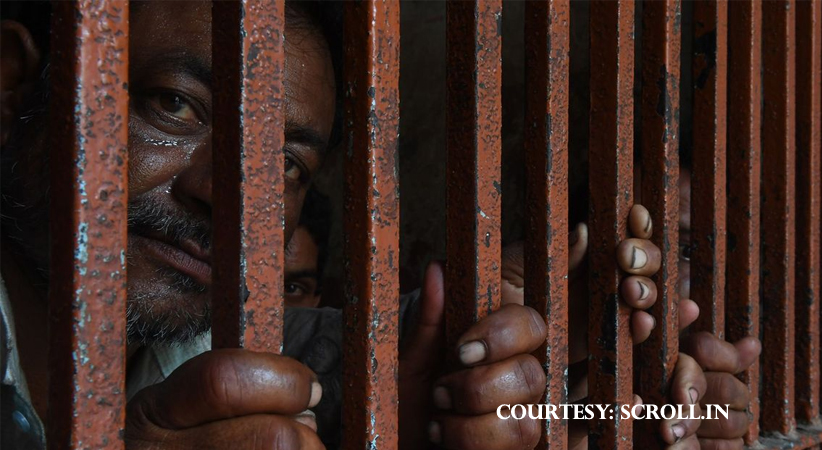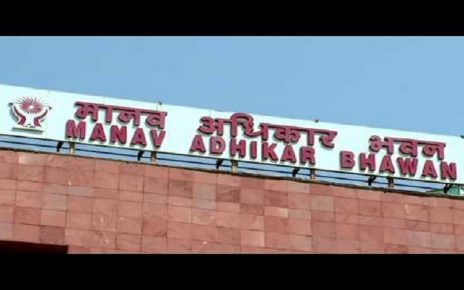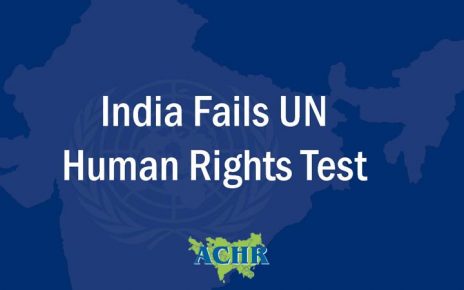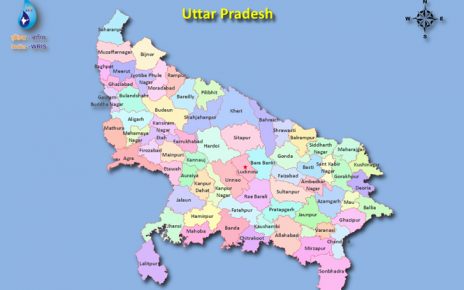Prisons in India are synonymous with deplorable conditions amounting to inhuman and degrading treatment and deaths of the prisoners from denial of basic medical facilities to torture. Prison reform is the least priority of the society and the State.
Would Justice (retd) Amitava Roy Committee therefore be able to reform the shameful prisons of India? The Supreme Court vide judgment on 25 September 2018 directed the Government of India to constitute a three member panel on prison reforms to be headed by Justice (Retd.) Roy as chairman and Inspector General of Police, Bureau of Police Research and Development and Director General (Prisons) Tihar Jail, New Delhi as its Members.
The Supreme Court has given the Committee 17 Terms of Reference (ToRs) that holistically address the bodywork done on prison conditions and prisoners’ rights which remain on paper. The ToRs include (1) review the implementation of the Guidelines contained in the Model Prison Manual 2016 by States and Union Territories (UT’s); (2) review the implementation by the States and UTs of the recommendations made by the Parliamentary Committee on Empowerment of Women in its report tabled in the Parliament titled ‘Women in Detention and Access to Justice,’ and the advisory issued by the Ministry of Home Affairs (MHA) in this regard; (3) review the two training manuals for prison personnel prepared by Bureau of Police Research & Development (BPR&D), ‘Training Manual of Basic Course for Prison Officers 2017’ and ‘Training Manual of Basic Course for Prison Warders 2017’; (4) review the recommendations made in the report of the Ministry of Women and Child Development in collaboration with the National Commission for Women and the National Law University Delhi on ‘Women in Prisons’; (5) review the recommendations made in the report of the National Commission for Women on ‘Inspection of Prisons/Jails/ Custodial Homes housing Women’; (6) review the implementation by States and UTs of the Guidelines contained in ‘Living conditions in Institutions for Children in Conflict with Law’ prepared by the Ministry of Women and Child Development (MWCD) and the Model Rules and Procedures prepared by the MWCD under the Juvenile Justice (Care & Protection of Children) Act, 2015 and Juvenile Justice (Care and Protection of Children) Model Rules, 2016; (7) review the status of the implementation of the guidelines and advisories issued by MHA to the States and UTs: (8) give consolidated recommendations based on the above and suggest measures to improve the implementation of the aforementioned guidelines and advisories, subject to budgetary resources available with the States and the UTs; (9) examine the extent of overcrowding in prisons and correctional homes and recommend remedial measures, including an examination of the functioning of Under Trial Review Committees, availability of legal aid and advice, grant of remission, parole and furlough; (10) examine violence in prisons and correctional homes and recommend measures to prevent unnatural deaths and assess the availability of medical facilities in prisons and correctional homes and make recommendations in this regard; (11) assess the availability and inadequacy of staff in prisons and correctional homes and recommend remedial measures; (12) suggest training and educational modules for the staff in prisons and correctional homes with a view to implement the suggestions; (13) assess the feasibility of establishing Open Prisons, the possibility of and the potential for establishing Open Prisons in different parts of the country and give effect to the recommendations; (14) recommend steps for the psycho-social well-being of minor children of women prisoners, including their education and health; (15) examine and recommend measures for the health, education, development of skills, rehabilitation and social reintegration of children in Observation Homes, Places of Safety and Special Homes established under the provisions of the Juvenile Justice (Care and Protection of Children) Act, 2015; (16) any other recommendation that the Committee may deem appropriate, fit and proper in furtherance of reforms in prisons and correctional homes; and (17) give its suggestions, recommendations changes or amendments to various guidelines contained in the Modern Prison Manual, 2016 and also various directives issued by the Government of India.”
The Supreme Court further advised the Committee to give its recommendations in respect of the first three Terms of References i.e. Sl. 1 to 3, preferably within a period of three months from the date on which the necessary facilities are provided by the Government of India for functioning of the Committee.
This is possibly the most comprehensive initiative to implement the recommendations of Justice Mulla Committee Report on Prison Reforms (1982-83) and Justice Krishna Iyer Committee on Women Prisoners (1986-87).
Prison conditions are appalling across the country. It has always been known and acknowledged but seldom the actions of the Government of India and various State governments moved beyond establishing various commissions and committees and letting dust gather on these reports.
Unless the Supreme Court continues to monitor the state of support provided for the effective functioning of Justice Amitava Roy Committee and implementation of its recommendations, the Supreme Court appointed Committee may just be another Committee. The Supreme Court ought to ensure that its Committee is different from the Government appointed Committees.




